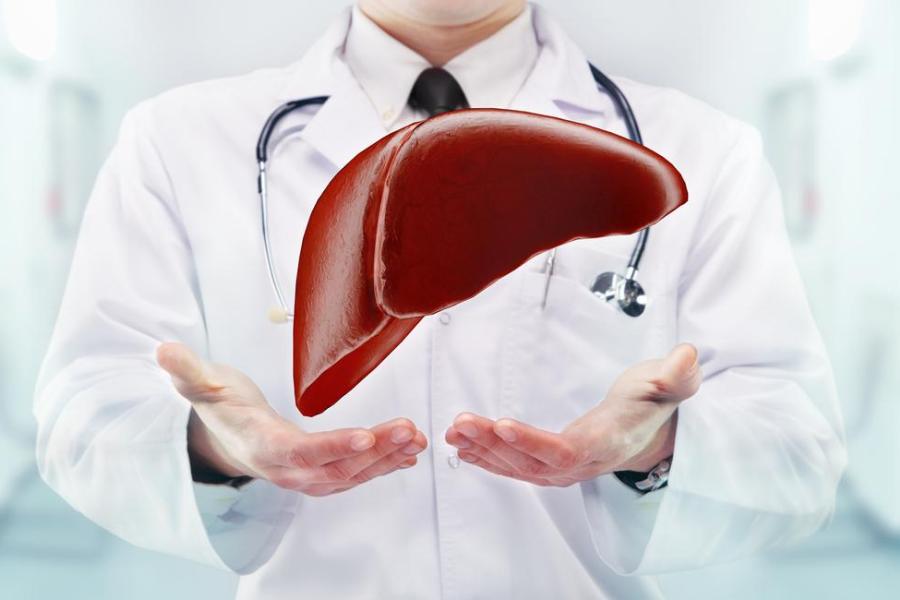
Progression and Treatment of Hepatitis C
Stages of Hepatitis C
Acute Hepatitis C Infection:
Only 15 % of those exposed will develop symptoms of acute hepatitis C infection. The symptoms are generally mild in nature and include a decreased appetite, nausea, weight loss, fatigue, muscle or joint pains. In rare cases, acute liver failure can occur. In most of the cases, the infection resolves spontaneously.
Chronic Hepatitis C Infection:
Those whose immune system cannot fight HCV infection will develop a chronic infection. This means there is a persistent presence of the virus in their body. These patients usually don’t suffer from any symptoms for few decades. However, with the progress of the disease, chronic hepatitis can lead to cirrhosis and also a liver cancer. On ultrasonography examination, fatty changes can be seen. More than 27 % of cirrhosis and 25 % of liver cancer cases are contributed by HCV. Cirrhosis is fibrosis and scarring of the liver tissue. Liver cirrhosis can lead to many complications like portal hypertension, fluid accumulation in the abdomen, easy bruising or increased bleeding tendency, enlarged veins, jaundice, and hepatic encephalopathy.
Occult Hepatitis C Infection:
The term is used for the patients whose examination shows the clearance of the virus, however, they are still infected. The presence of the virus can only be identified by ultra-sensitive testing. Elevation of liver enzymes without detection of antibodies can also occur which is known as cryptogenic occult infection.
Treatments for Acute and Chronic Hepatitis C
With newer treatment options the success rate in the treatment of HCV has been increased. Apart from anti-viral therapy, there are important practices to be followed by the patients such as:
- Patients should undergo thorough screening to identifying the source of the infection.
- They should have proper counseling for preventing a spread of the disease.
- It is advised to avoid alcohol and any other items that increase the load on the liver.
- Patients with HCV infection should receive vaccination for hepatitis A and B as the co-infection is very dangerous.
- Periodic ultrasonography to evaluate the status of the liver is recommended.
- To prevent the emergence of the resistance among the antiviral agents, always use combination drug therapy.
Medications for HCV infection:
The antiviral drugs must be initiated in all the patients with HCV infection. The newer drugs are quite safe and effective. However, the cost of the therapy remains very high. The type of hepatitis C virus should be identified to properly initiate the treatment. It is advised that single drug therapy should not be used as there are high chances of resistance with it. The following are recommendation by type
- HCV genotype 1a: Ledipasvir and Sofosbuvir for 12 weeks or Ribavirin, Paritaprevir, Ombitasvir, Dasabuvir for 12 to 24 weeks
- HCV genotype 1b: similar as above.
- HCV genotype 2: Sofosbuvir and Ribavirin combination therapy is most recommended.
- HCV genotype 3: Sofosbuvir, Ribavirin along with pegylated interferon
- HCV genotype 4: paritaprevir, ritonavir, ombitasvir, and ribavirin, or Ledipasvir and Sofosbuvir.
- HCV genotype 5 or 6: Sofosbuvir and Ledipasvir
It is observed that almost 90% of the patients respond to the Ribavirin, Sofosbuvir with interferon therapy. Ribavirin and Sofosbuvir appear to be effective in around 70 to 95 % of the patients with HCV type 2 and 3 infections. Treatment with Ledipasvir and Sofosbuvir for patients with genotype 1 infection can control 93 to 99 % of the infection. A study showed that almost 99 % cure rate was achieved with a combination therapy of Velpatasvir and Sofosbuvir. Depending on the HCV genotype, the treatment should be initiated under the proper guidance of the specialist. The earlier the implementation, the higher the cure rates.




